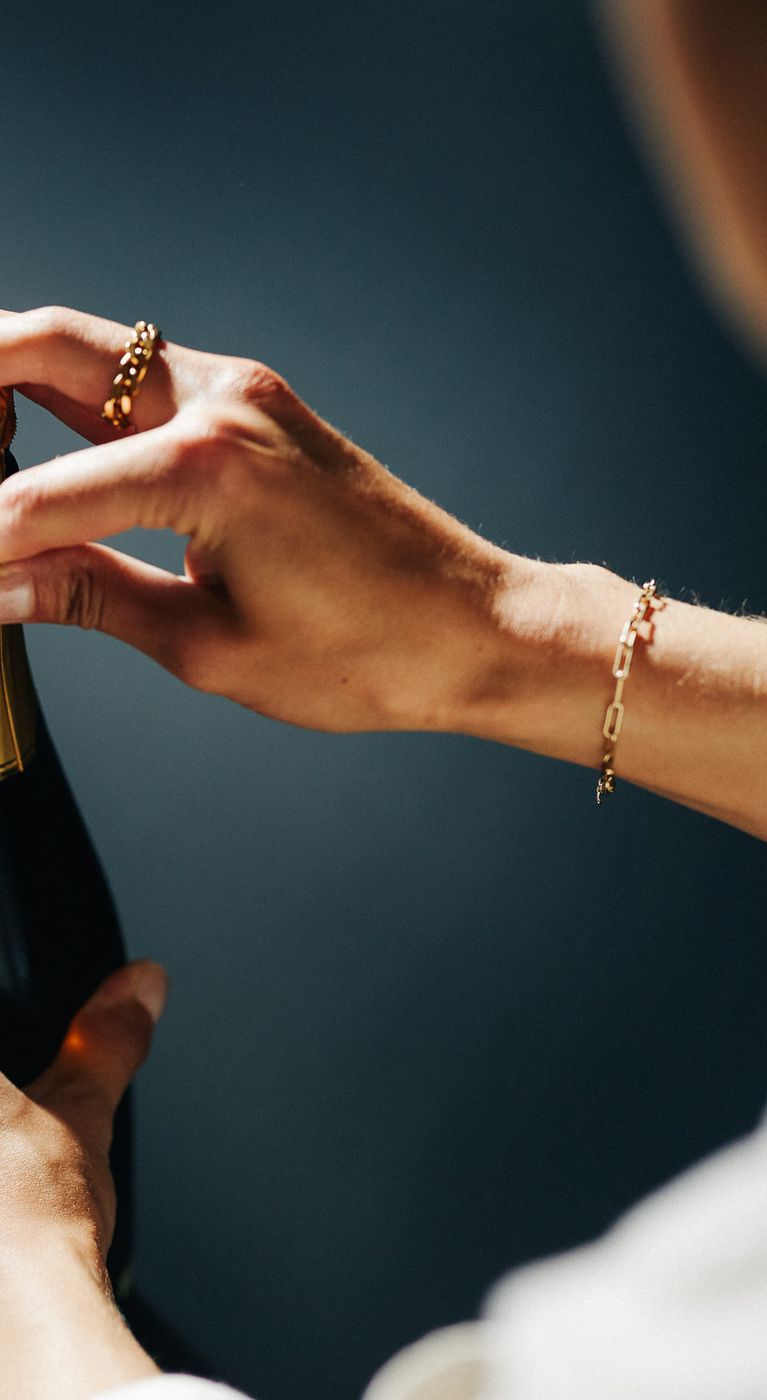Germany’s love affair with sparkling wines far pre-dates the current trend toward bubbles. In fact, German producers — names like Krug, Bollinger, Mumm and many more — were once the leading lights in Europe and significantly involved in the development of sparkling wines, including in Champagne. The VDP.Prädikatsweingüter are now honoring this tradition through a new VDP.SEKT.STATUT, which adds the formal rigor of official classifications to the production of top-quality, handmade sekts.
One thing is certain: grand sekt needs time, including extended contact with its sediment, also known as the lees. The same could be said about the development of this statue. Its introduction comes only after an intense two year effort, with significant back-and-forth between the major players as they fine-tuned its rules. Nor is the process completely finished, with adjustments based on real-world feedback potentially still ahead. But the first step has been achieved.
The VDP.SEKT.STATUT, ratified earlier this year, applies the association's high quality standards from the realm of still wines to the production of sparkling wines. It is a helpful visible marker for conveying the quality and prestige of VDP sekts to the broader public. Only sekts that pass the association's strict quality criteria and testing, akin to the tough regulations in Champagne, will be allowed to bear the VDP.Sektsiegel, the VDP’s seal of approval for sekt. During the introductory phase, parallel production of sekts with the VDP eagle symbol, i.e. without the new seal, will also be allowed.
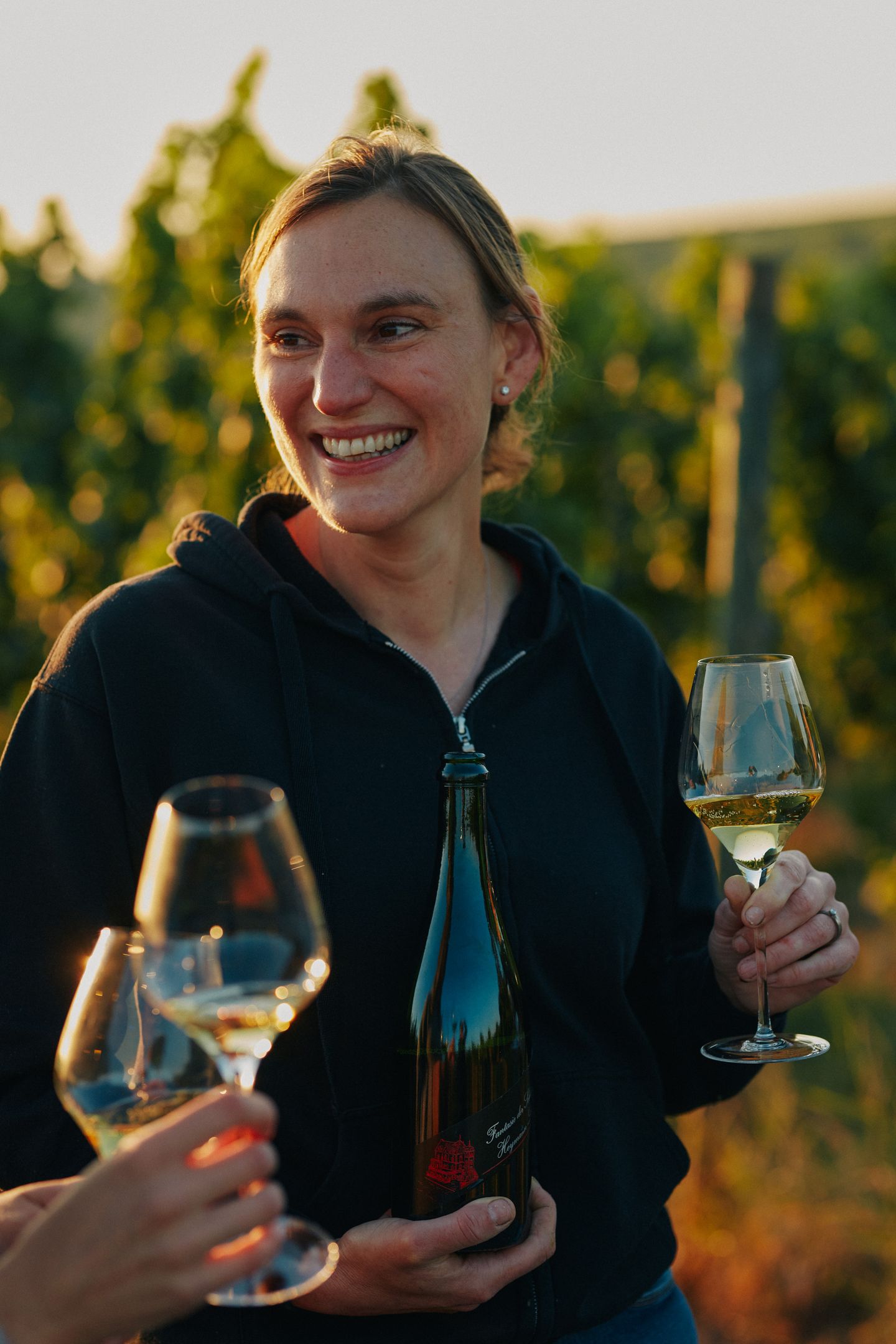
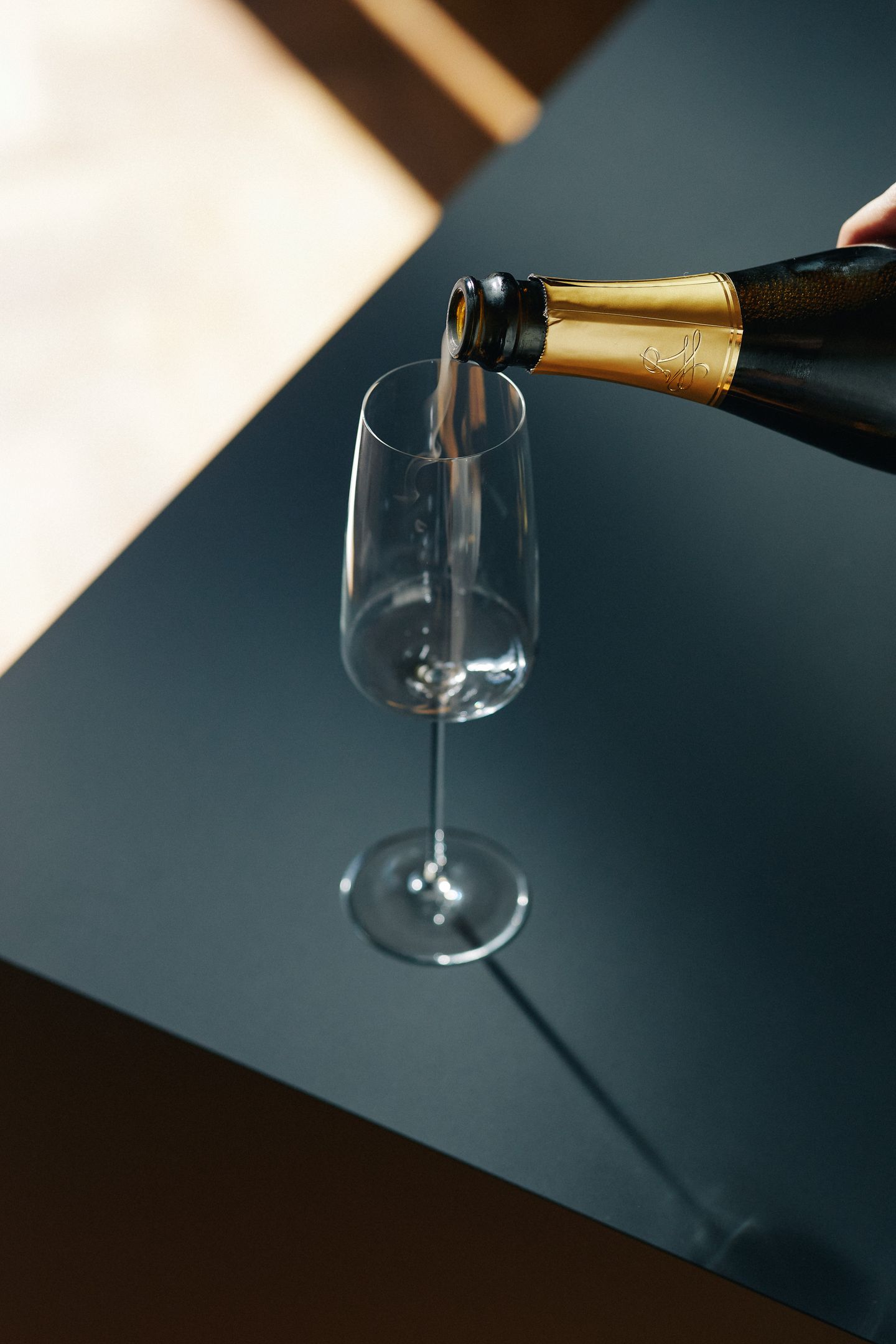
Traditional bottle fermentation is obligatory for both VDP.SEKT and VDP.SEKT.PRESTIGE®. Vintage sekts must be granted at least 24 months (VDP.SEKT) or 36 months (VDP.SEKT.PRESTIGE®) on the lees. Grand sekts may also mature well beyond those minimum guidelines. The VDP's strict production regulations will also apply for the production of sekt base wines. A dedicated VDP specification guide has also been developed to provide other mandatory sekt parameters. This includes, for example, stipulations that sekt produced in accordance with the VDP.SEKT.STATUT must originate from the estate’s own suitable vineyards. From pruning to harvest — which traditionally falls on the early side for sparkling wines — all vineyard work and harvesting is to be performed by hand. Beyond this, each region will define its own permissible varieties for VDP.SEKT and VDP.SEKT.PRESTIGE®, typically Riesling and the Pinot family, supplemented by regional classics. This flexibility at the regional level reflects the insight that a sekt classification focused tightly on origin overlooks some admirable parts of the spectrum of fine German sekts. As a result, varietal blends and cuvées from single sites will also be allowed.
The new VDP.Sektsiegel necessitated the training of a cadre of sekt auditors, schooled to identify and assess top quality in this distinctive type of winemaking. Each new auditor has spent recent months sampling sekts that will soon be approved to bear the new seal, and which represent the first exemplary bottles under the new statute. The VDP.Weinbörse 2021 in Mainz will provide the international wine world with a chance to join sparkling wine masterclasses dedicated to illuminating the intricacies of the new statute.
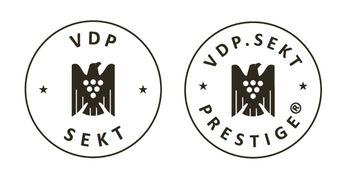
Das VDP.SEKT.STATUT
| VDP.SEKT | VDP.SEKT.PRESTIGE® | |
| Production | Traditional bottle fermentation | |
| Maturation on yeast | Minimum of 15 months | Minimum of 36 months |
| Further designations | Village (optional) | Vineyard site (optional) |
| Vintage | Vintage (optional) If vintage Sekt: min. 24 months of maturation | Vintage Sekt: min. 36 months of maturation |
| Blends | Grape variety and vineyard site blends possible | |
| Grape production | Grapes must be estate grown | |
| Grape varieties | Permitted varieties are set by the regions for each quality tier | |
| Harvest | Grapes must in general be picked by hand | |
| Pressing | Whole bunch press | |
| Sekt assessment | Quality assessment by a regional expert commission | Quality assessment by a national expert commission |
“The VDP.SEKT.STATUT represents a real quality push for German sekt. Our strict quality criteria correspond to the highest international requirements. The statute also provides space for our member estates to keep developing. The Sektsiegel is intended to put a spotlight on bellwether sekts that are among the finest sparkling wines in the world,” says VDP President Steffen Christmann. “Our new VDP.SEKT.STATUT gives wine lovers in Germany and abroad a quality compass to help them differentiate between the broad offerings in the sparkling wine area.”
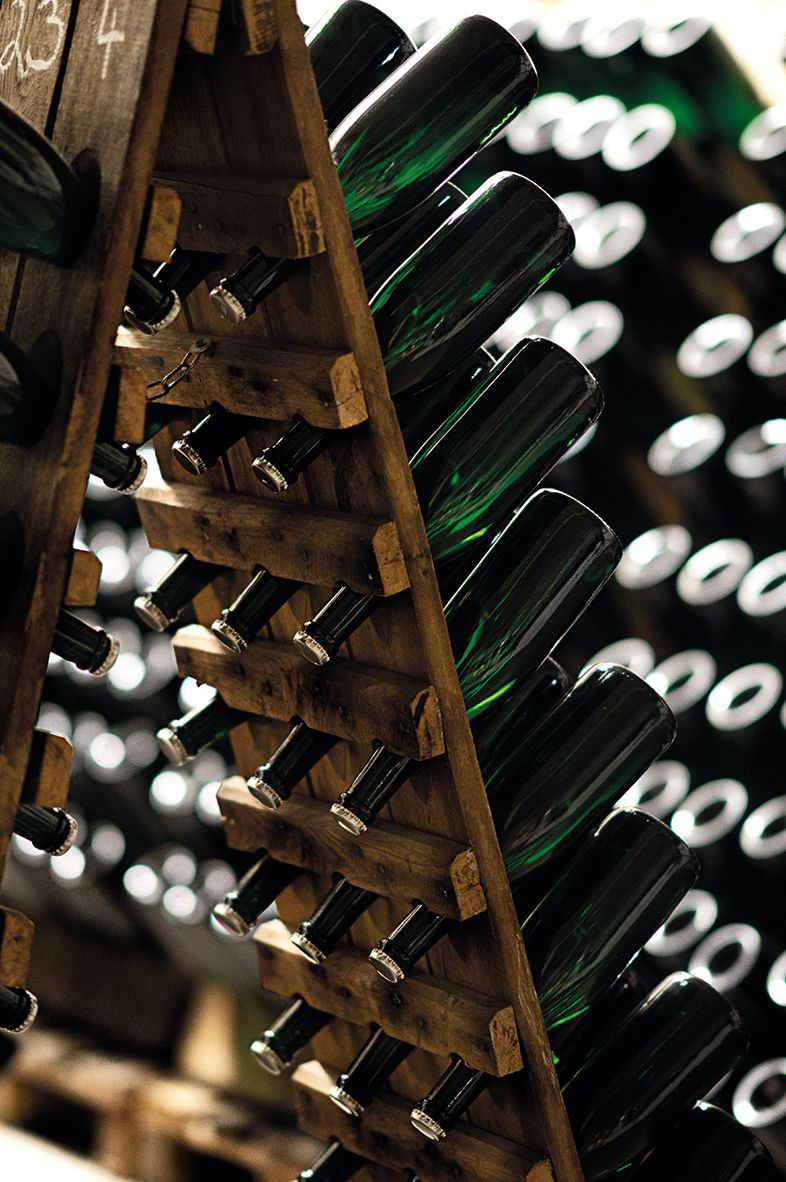
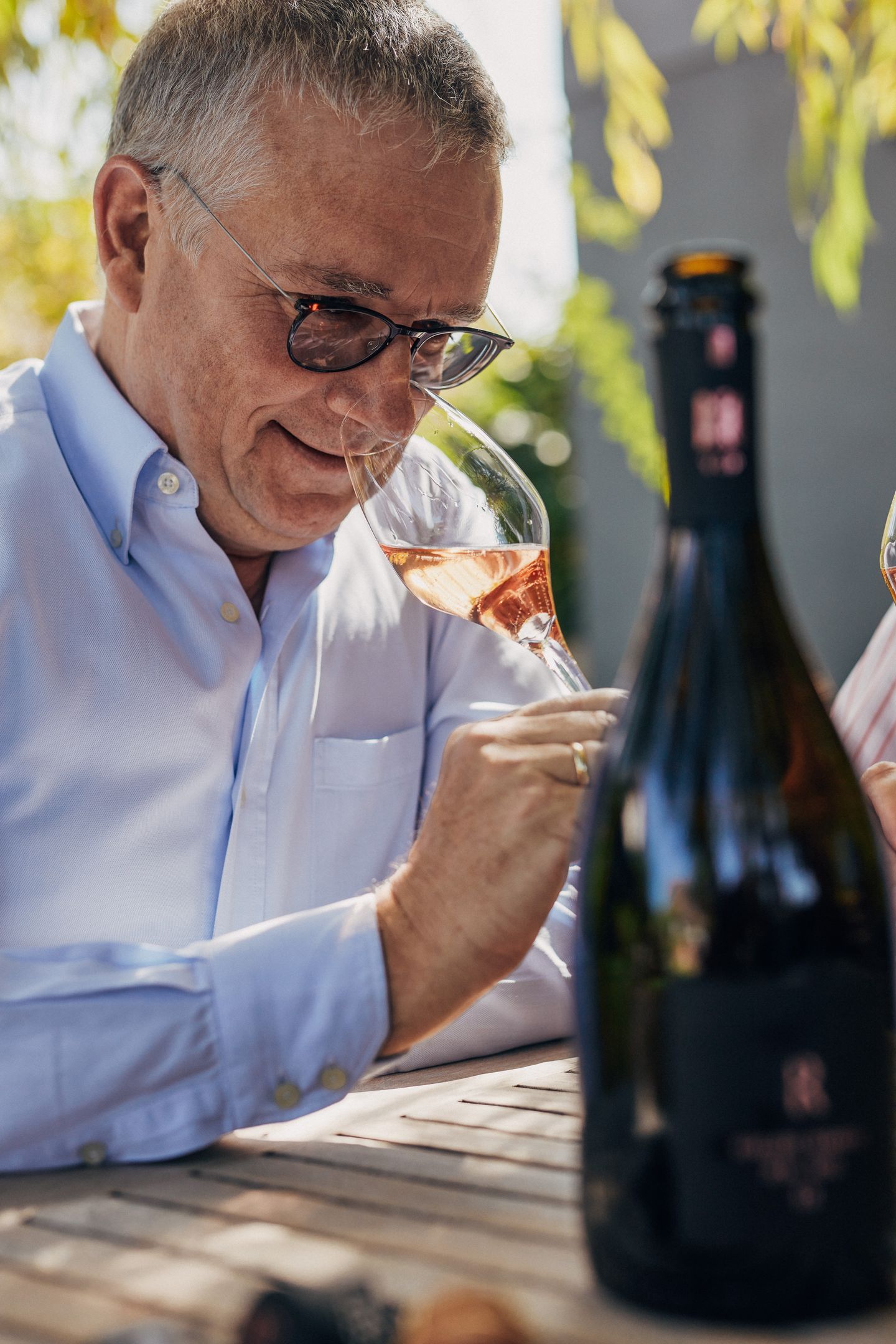
©2020

